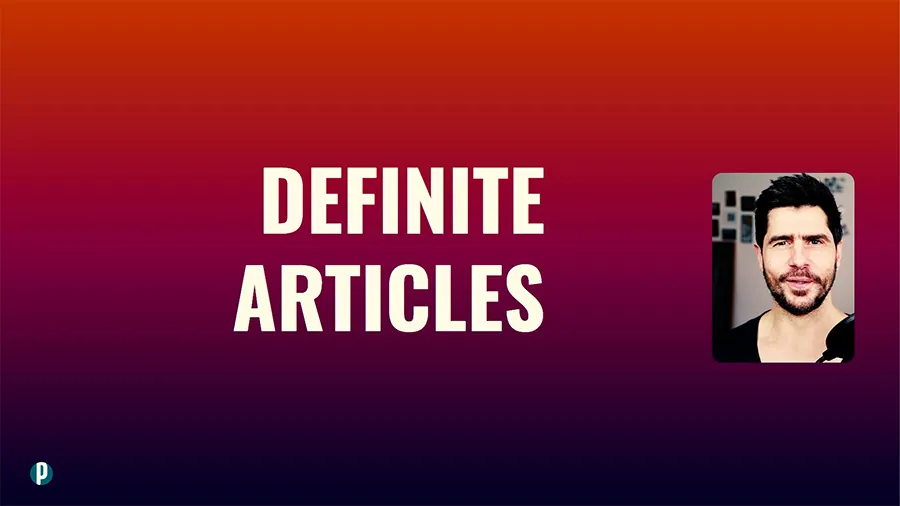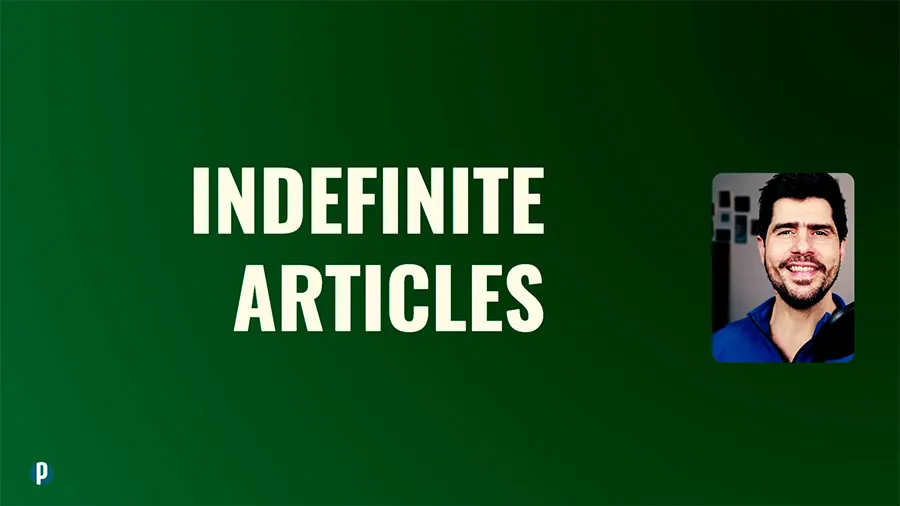Portuguese Definite and Indefinite Articles – How and When to Use Them
Most languages do well without articles. In this sense, English and Romance languages like Portuguese belong to a minority.
The Portuguese definite articles – o, a, os, as – are the equivalent of the in English and we use them to designate specific nouns.
The Portuguese indefinite articles on the other hand – um, uma, uns, umas – correspond to the English article a/an; we use them to introduce and designate non-specific nouns.
Read on.
Definite articles
Portuguese definite articles are the equivalent of the in English. We use them to designate specific nouns with which they agree in gender and number:
| ♀ | ♂ | |
| singular | a (a flor) | o (o jardim) |
| plural | as (as flores) | os (os jardins) |
Usage of the definite article
In general, definite articles designate specific things and living beings:
| Eu não gosto muito de gatos, mas o teu gato é simplesmente irresistível. I am not so fond of cats, but your cat is simply irresistible. |
! One difference between European and Brazilian Portuguese is that the latter standard often skips definite articles. Learn more about how these two standards of Portuguese compare: European vs. Brazilian Portuguese – How Different Are They Really?
With people’s names
As a rule of thumb, we use the definite article when referring to people:
| Ontem vi a Joana. Yesterday, I saw Joana. O Pedro pareceu-me um pouco triste. Pedro looked a bit sad. |
Also with titles and formal forms of address:

Olá! I'm Pedro and I'm your Portuguese teacher.
Ready to unlock the beauty of European Portuguese? Portuguesepedia is your key! This all-in-one platform provides a wealth of learning resources, from bite-sized video lessons to immersive idiomatic dips. Perfect your pronunciation and aural comprehension with listening drills and solidify your grammar with in-depth articles. Start your Portuguese journey today!
Share this article
Get my guide "Key Strategies to Learn Portuguese" for FREE.


